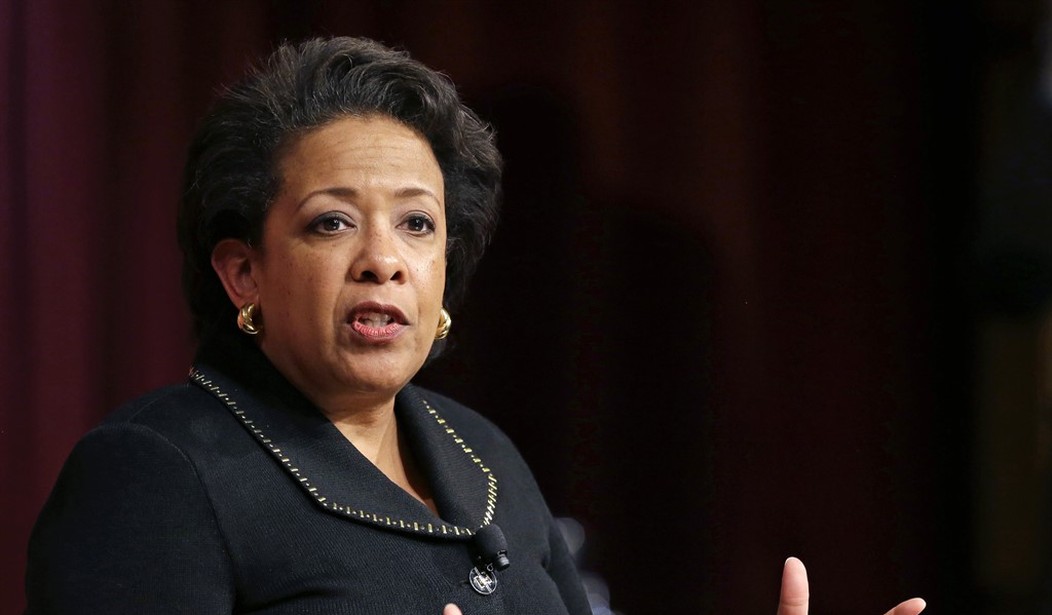As the heat turns up on how the FBI handled the criminal investigation into former Secretary of State Hillary Clinton's mishandling of classified information, with a DOJ Inspector General report expected at anytime, former Obama administration officials are bracing themselves for impact.
During congressional testimony last summer, recently fired FBI Director James Comey said under oath that former Attorney General Loretta Lynch told her to call the criminal investigation into Clinton a simple "matter."
"It concerned me," Comey said. "The Clinton campaign at the time was using all kinds of euphemisms, 'security review,' 'matter.' Things like that."
"For what was going on. We were getting to a place where the Attorney General and I were going to have to testify and talk publicly about it, and I wanted to know if she would authorize us to confirm we had an investigation," he continued. "And she said yes, but don't call it that, call it a 'matter.' And I said why would I do that? And she said just call it a 'matter.'"
"You look back in hindsight, should I have resisted more? I just said this wasn't a hill worth dying on, so I said, okay, the press is going to completely ignore it, and that is what happened. When I said we opened a matter, they all reported the FBI had an investigation open," he added. "And that concerned me because the language tracked the way the campaign was talking about the FBI's work, and that is concerning... It gave the impression that the Attorney General was looking to align the way we talked about our work with the way a political campaign was describing the same activity, which was inaccurate. We had a criminal investigation open, so that gave me a queasy feeling."
Recommended
But according to Lynch, who is speaking out in an interview with NBC, that isn't the case. Lynch argues Comey expressed no concern to her about her request to use downplayed language when referring to the Clinton case.
LESTER HOLT: But, so Comey says you want to call it, "The Clinton matter." He wants to call it, "The Clinton investigation." To the extent, though, that he noted it, that it bothered him did he go to you and question your credibility with regard to the Clinton case?
LORETTA LYNCH: Well, look I can tell you that, you know, it was a meeting like any other that we that we had had where we talked about the issues. And we had a full and open discussion about it.
LESTER HOLT: And he didn't raise any concerns about?
LORETTA LYNCH: And concerns were not raised.
Fired Deputy Director Andrew McCabe's story about leaking information to the press also conflicts with Comey's testimony. McCabe says he had the permission of the Director to do so.
"I chose to share with a reporter through my public affairs officer and a legal counselor,” McCabe said after he was fired for lack of candor. “As deputy director, I was one of only a few people who had the authority to do that. It was not a secret, it took place over several days, and others, including the director, were aware of the interaction with the reporter.”
Comey said under oath he was unaware of any authorized leaks to the media, besides his own of course.

























Join the conversation as a VIP Member